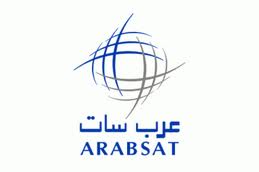Telecommunications ministers from nine major Arab states, including Qatar, will look into the prospects of acquiring next generation satellite technology to boost services across the region at a conference underway in Doha.
The delegates for Arab Satellite Communications Organisation (Arabsat) are in town for the 36th round of their board of directors and general assembly meetings. The conference will conclude tomorrow.
The meeting, according to Arabsat Chief Operating Officer Khalid Balkheyour, would also discuss how member-states can build on early this year’s agreement signing for the sixth
generation technology.
Arabsat has crossed many milestones recently including direct acquisition of majority stakes in the Greek Hellas-Sat Consortium in a deal estimated at $270mn, the Arabsat CEO said in a statement.
Also Arabsat held an exclusive agreement with “My-HD Media” to provide high-definition television broadcasting to 170mn viewers in the region and work is going on a number of strategic important projects that will be announced once
completed.
Founded in 1976, Arabsat has been serving the growing needs of the Arab world for over 30 years.
The Supreme Council of Information and Communication Technology (ictQATAR) is hosting the event in response to the invitation from the country during the previous session held in Beirut in April last year.
Arabsat board consists of nine Arab countries - Saudi Arabia, Kuwait, Libya, Qatar, United Arab Emirates (UAE), Sudan, Oman, Lebanon and Egypt.
Qatar is one of five permanent members of Arabsat board of directors and specific committees and will receive the presidency of this year’s round from Lebanon at the general
Assembly meeting.
A report detailing Arabsat’s financial performance during 2012 will be released following the meeting as soon as the ministers and the heads of delegations release their ratification on the final statement.
Now one of the world’s top satellite operators and by far the leading services provider in the Arab world, Arabsat carries over 450 television channels, 170 radio stations, three pay-TV networks and a wide variety of HD platforms reaching tens of millions of homes in more than 80 countries across the Middle East, Africa, Europe.

